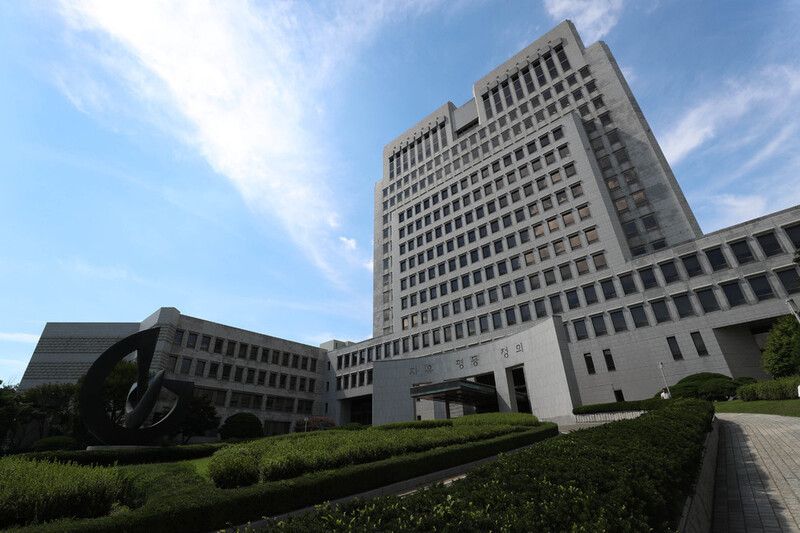 material photo” alt=”Supreme Court.
material photo” alt=”Supreme Court. Supreme Court. <한겨레>Material photo
In a lawsuit filed by Vice Chief Prosecutor Jin Hye-won, who was disciplined after requesting an inspection from the Supreme Prosecutors’ Office, saying that his superiors had recovered the warrant from the court without permission, the Supreme Court returned the case to the effect that the disciplinary action was justified. The second division of the Supreme Court (Presiding Justice Park Sang-ok) announced on the 2nd that in a lawsuit for canceling a warning disposition filed by Prosecutor Jin against the Prosecutor General, the case was destroyed and remanded to the Seoul Court after breaking the court case that ruled in favor of the plaintiff. In June 2017, when he was working at the Jeju District Prosecutor’s Office, Prosecutor Jin requested the Supreme Prosecutor’s Office for inspection, claiming that Kim Han-soo, then Deputy Prosecutor of the Jeju District Prosecutor’s Office, recovered the warrant for the seizure and search of the case he was in charge of. The Supreme Prosecutor’s Office was instructed to review the warrant by the Jeju District Prosecutor’s Office at the time. After that, in October 2017, the Supreme Prosecutors’ Office of the Supreme Prosecutors’ Office conducted an integrated audit of the Jeju District Prosecutor’s Office, notifying Prosecutor Jin of 21 points of findings, and dismissed a warning according to the Supreme Prosecutor’s Office’s own audit regulations, saying, “A mistake for neglecting his duty as a prosecutor is recognized.” I did it. Prosecutor Jin objected to this and filed an administrative lawsuit seeking cancellation of the disciplinary action, and the first and second judges raised his hand. Prosecutor Jin argued that the matters received in relation to the investigation were “as the chief prosecutor, and were handled by exercising discretion,” and insisted that the office audit was voluntarily carried out in retaliation for the warrant collection case. The first trial judged that six of the 21 points received by the prosecutor Jin were not admitted. There is an offense that deviates or abuses discretion.” The second trial dismissed the prosecution’s appeal because the judgment of the first trial was justified. However, the Supreme Court overturned the judgment, saying, “The original judgment is a misunderstanding of the legal principles of the prosecutor general’s authority to supervise duties,” he said. The Supreme Court said, “The prosecutor general’s warning disposition is not a disciplinary disposition under the Prosecutors’ Disciplinary Act, but an exercise of the duty to supervise the prosecutor based on the Prosecutors’ Office Act.” As a low-level supervisory measure, a’warning disposition’ can be made.” Even if the prosecutor’s case is not illegal because it is within the scope of the given discretion, if it is judged that it violates the internal prosecution agency or that it is not the most appropriate measure according to the relationship of evidence, the president can exercise the right to supervise the duties and issue a warning disposition. Accordingly, the Supreme Court said, “(Warnings, etc.) are the result of the valuation of the President, who is the supervisor of duty, so it is desirable for the court to respect it unless it has deviated or abused the discretionary power given to the supervisory authority.” . By Jang Ye-ji, staff reporter [email protected]
